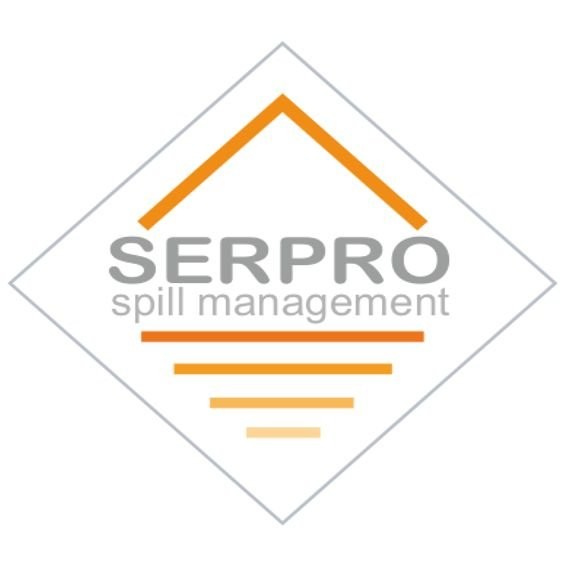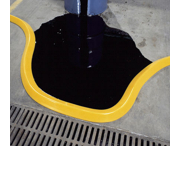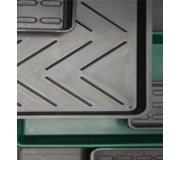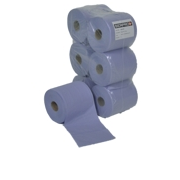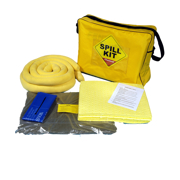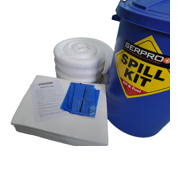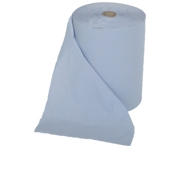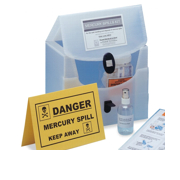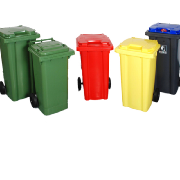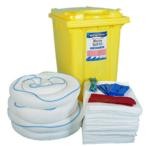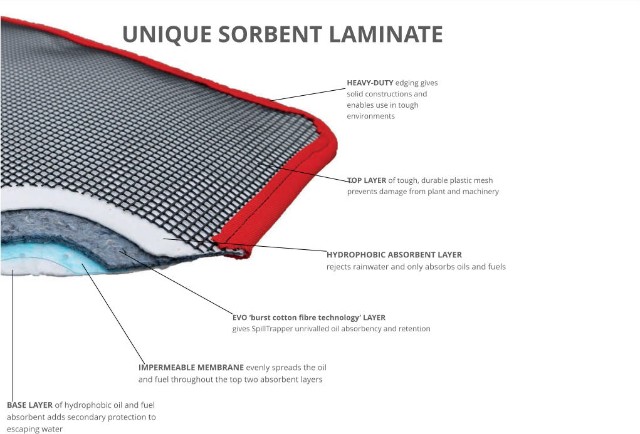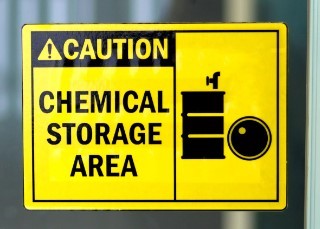Storage of Hazardous Chemicals
3 January 2023All substances that are classified as a physical or health hazard must be stored in a designated area.
The storage area should be made of noncombustible material, and it should have a fire-resistant door.
Hazardous substances must not be stored in areas where they can come into contact with food, drink, or tobacco products.
—
The main goal of storing hazardous substances is to keep them away from humans and the environment.
When storing hazardous substances, it's important that they are stored in a way that prevents them from being released into the environment. Containers should be kept closed, labeled and in a dry place away from any sources of heat or cold.
In general, storage containers should be made of materials that are not easily penetrated by chemicals and can withstand the pressures created by the substance (e.g., strong plastic).
—
There are various ways to store hazardous substances. One of the most popular solutions is to use a drum. This container is usually made from steel, aluminum, or fiberglass. It has a lid and an opening for pouring substances in and out. Another solution is to use a tank. Tanks come in various sizes and shapes, which makes them suitable for storing different kinds of liquids and solids. They are often used for storing water, gasoline, oil, or other liquids with low viscosity that can be stored at room temperature without any change in their properties.
We should always make sure that we store hazardous substances properly so they don't cause any harm to people or the environment around us.
—
There are a number of ways to store hazardous substances. One way is by storing them in containers that are specifically designed for hazardous substances. Another way is storing them in a place where they will not be easily accessible to people who do not have the appropriate training and equipment.
The best way to store hazardous substances is by using the right type of container which is specifically designed for that purpose. This will ensure that the substance will remain secure and safe from any accidental exposure or spillage.
—
Hazardous substances are substances that have the potential to cause injury or illness if mishandled. They can be found in a variety of industries and it is important to take the necessary precautions for handling and storing them.
The best way to store hazardous substances is in a container that has been specifically designed for hazardous materials. These containers should be made of material that will not react with, or release harmful chemicals when exposed to, the stored substance. Containers should be closed tightly and labeled with an appropriate warning label, such as “Danger - Corrosive” or “Caution - Flammable”.
—
Hazardous substances are substances that are typically toxic, corrosive, or flammable and can pose a risk to the environment or human health. These substances can be found in industrial settings like factories, laboratories, and chemical plants. Hazardous substances also include those that are used in the home for cleaning purposes like bleach.
The storage of hazardous substances is regulated by different organizations depending on the type of hazardous substance. For example, the Environmental Protection Agency regulates storage of chemicals while OSHA regulates storage of combustible materials.
There are many ways to store hazardous materials safely and securely. The first step is to identify what hazards exist for each substance you have at your workplace or home so you can create a plan for how to store it accordingly.

